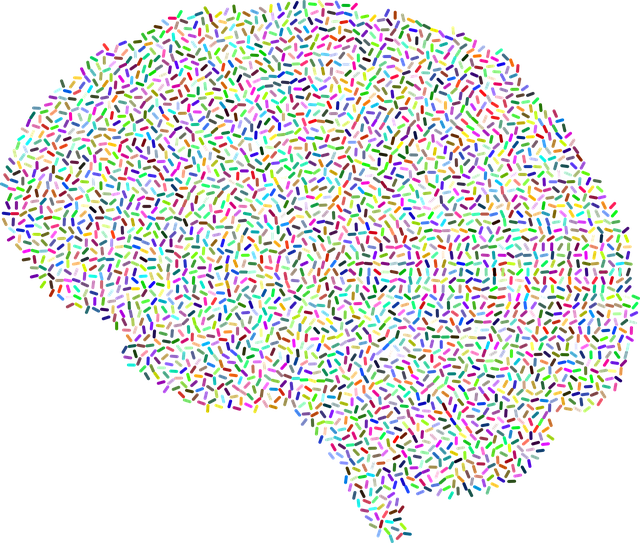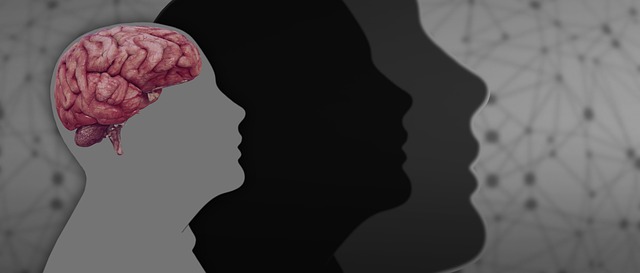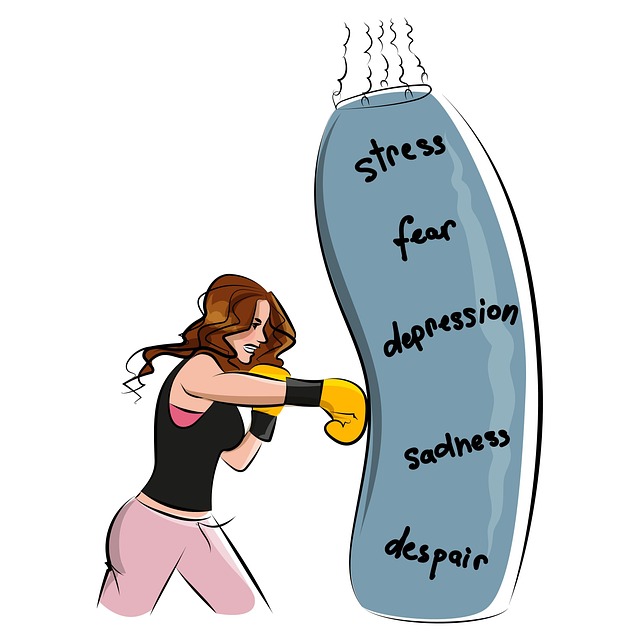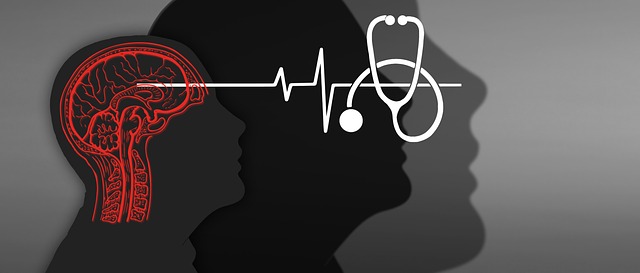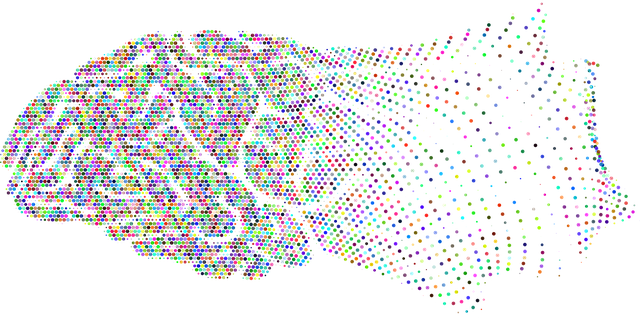Mental wellness, a dynamic aspect of overall health, encompasses emotional, psychological, and social well-being. While resources like Englewood Anger Management Therapy (EAMT) offer targeted interventions for specific issues, there's a gap in comprehensive, user-friendly self-assessment tools addressing broader mental health concerns such as anxiety, depression, and stress management. EAMT's structured approach identifies triggers, teaches conflict resolution, and encourages active participation to foster healthier coping mechanisms, emotional intelligence, and improved relationships, contributing to personal growth and resilience. Effective self-assessment tools for mental wellness should incorporate evidence-based practices, clear language, examples, and interpretative guidance to reduce stigma and empower individuals. By providing data on community challenges, these tools can inform mental health policy decisions to enhance access to services and create supportive environments, ultimately promoting holistic and inclusive mental wellness.
Mental wellness self-assessment tools play a crucial role in empowering individuals to understand their emotional well-being. This article explores the development of such tools, focusing on the Englewood Anger Management Therapy Model as a case study. We delve into the growing need for accessible resources, highlighting the impact of mental health on daily life. By integrating evidence-based practices, this model offers a structured approach to self-assessment, providing individuals with valuable insights and strategies to enhance their overall mental wellness.
- Understanding Mental Wellness and Its Impact on Daily Life
- Identifying the Need for Self-Assessment Tools: A Gap in Current Resources
- Designing Effective Self-Assessment Tools: Incorporating Evidence-Based Practices
- Implementing and Evaluating the Englewood Anger Management Therapy Model
Understanding Mental Wellness and Its Impact on Daily Life

Mental wellness is a vital aspect of overall health that significantly influences our daily lives and interactions. It encompasses emotional, psychological, and social well-being, affecting how we think, feel, and act in various situations. Understanding mental wellness involves recognizing its dynamic nature and acknowledging that it can fluctuate over time. A holistic approach to mental health awareness involves not only identifying signs of distress but also fostering inner strength development and implementing effective stress management techniques.
Englewood Anger Management Therapy serves as a prime example of how targeted interventions can positively impact mental wellness. By addressing anger-related issues, individuals can learn healthier coping mechanisms, enhance their emotional intelligence, and improve relationships. This tailored therapy not only contributes to personal growth but also empowers people to navigate life’s challenges with greater resilience.
Identifying the Need for Self-Assessment Tools: A Gap in Current Resources

In today’s fast-paced world, mental wellness is a cornerstone of overall health, yet many individuals struggle to access effective self-assessment tools tailored to their unique needs. While resources like Englewood Anger Management Therapy offer valuable support for specific issues, there exists a gap in the market for comprehensive, user-friendly self-assessment options that cater to a broader range of mental health concerns. This is particularly evident when considering the diverse population seeking assistance with anxiety, depression, stress management, and other common mental wellness challenges.
The absence of robust self-assessment tools hinders individuals from proactively managing their mental health, as it limits their ability to accurately identify areas for improvement and track progress over time. To address this, there is a pressing need for development of innovative tools that promote Self-Care Routine Development for Better Mental Health, facilitate Mental Health Policy Analysis and Advocacy, and provide accessible Trauma Support Services. Such initiatives have the potential to empower individuals, foster resilience, and ultimately contribute to a more holistic and inclusive approach to mental wellness.
Designing Effective Self-Assessment Tools: Incorporating Evidence-Based Practices

Designing effective self-assessment tools for mental wellness involves incorporating evidence-based practices that are both comprehensive and user-friendly. These tools should aim to identify and address various aspects of mental health, including emotional regulation, stress management, and cognitive function. For instance, incorporating techniques from evidence-based therapies like Englewood Anger Management Therapy can significantly enhance the tool’s effectiveness in assessing and managing anger-related issues. By integrating practices that have been clinically proven, self-assessment tools can better capture individuals’ struggles with mental illness and reduce the stigma associated with seeking help.
Moreover, these assessment tools must consider communication strategies to ensure that the results are accessible and understandable to users. This includes using clear language, providing examples, and offering interpretative guidance. In addition to improving individual well-being, effective self-assessment tools can contribute to broader mental health policy analysis and advocacy by generating data on common challenges and needs within communities. Such insights can inform policy decisions aimed at enhancing access to mental health services and fostering supportive environments.
Implementing and Evaluating the Englewood Anger Management Therapy Model

The Englewood Anger Management Therapy (EAMT) Model offers a structured framework for addressing anger-related issues and has gained recognition as an effective approach to mental wellness self-assessment. This therapy model focuses on identifying triggers, teaching conflict resolution techniques, and fostering healthy coping skills development. By implementing EAMT, individuals learn to manage their emotions constructively, which can significantly improve overall mental health. The model encourages active participation through various exercises designed to enhance self-awareness and emotional regulation.
Evaluating the success of EAMT involves assessing changes in participants’ behavior and attitudes towards anger management. Public awareness campaigns development centered around promoting peaceful conflict resolution techniques can further support the integration of these skills into daily life. Regular feedback from participants and professionals alike is crucial for refining the model, ensuring its effectiveness, and tailoring it to diverse needs. Coping skills development, as emphasized by EAMT, empowers individuals to navigate challenging situations with resilience, ultimately contributing to improved mental wellness outcomes.
Mental wellness self-assessment tools play a pivotal role in empowering individuals to take charge of their mental health. By addressing the gap in accessible resources, these tools offer a personalized and convenient way to assess and manage daily well-being. The Englewood Anger Management Therapy Model serves as an excellent example of an evidence-based practice integrated into such tools, demonstrating their potential impact on reducing anger-related issues. As we navigate the digital age, developing user-friendly self-assessment platforms can revolutionize mental health support, making it more accessible and effective for folks seeking to enhance their overall wellness.
